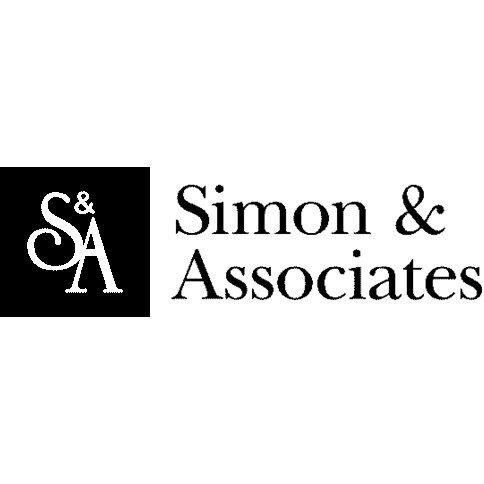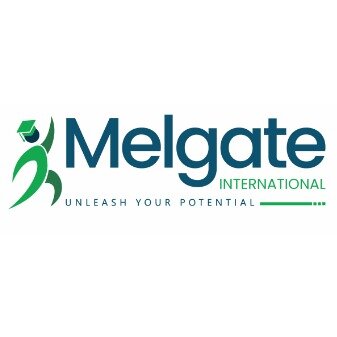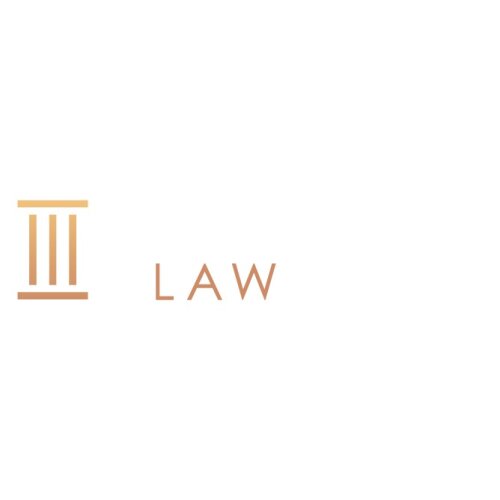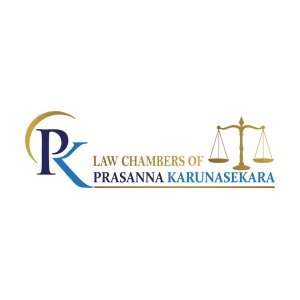Best Foreclosure Lawyers in Sri Lanka
Share your needs with us, get contacted by law firms.
Free. Takes 2 min.
Free Guide to Hiring a Real Estate Lawyer
Or refine your search by selecting a city:
List of the best lawyers in Sri Lanka
About Foreclosure Law in Sri Lanka
Foreclosure in Sri Lanka involves the legal processes lenders use to repossess a property used as collateral for a mortgage when the borrower fails to keep up with their mortgage repayments. The goal is for lenders to recoup unpaid loans through the sale of the property. In Sri Lanka, foreclosure laws are governed by a mix of statutory provisions and customary practices. The process can be complex and typically requires navigating through the court system, which underscores the importance of understanding the legal landscape if you're facing foreclosure.
Why You May Need a Lawyer
Seeking legal assistance in foreclosure matters can be crucial for several reasons. Foreclosure can be a highly technical field of law, and individuals unfamiliar with legal jargon and procedures may find themselves at a disadvantage. A lawyer can help you understand your rights and obligations, negotiate with lenders, explore alternatives to foreclosure, and represent you in court if necessary. Situations where you may need a lawyer include disputes over the amount owed, miscommunication with lenders, or if you believe your lenders have acted improperly.
Local Laws Overview
Foreclosure in Sri Lanka is primarily governed by the Mortgage Act and various banking laws. Foreclosures can occur judicially, requiring court procedures that often involve issuing legal notices, filing suits, and conducting public auctions to sell the property. Sri Lankan law also provides borrowers certain rights, like the opportunity to remedy defaults before the actual foreclosure sale. Obtaining comprehensive legal advice is essential to navigate the complex timelines and procedural requirements outlined by these laws.
Frequently Asked Questions
What is the first step in the foreclosure process?
The first step generally involves the lender issuing a formal notice to the borrower regarding their default on loan repayments, often providing a grace period to rectify the situation.
Can I stop a foreclosure once it has started?
Foreclosure can often be halted by negotiating with the lender, paying off the owed amount, or seeking court intervention. Legal counsel can provide tailored options based on your situation.
How long does the foreclosure process usually take in Sri Lanka?
The duration can vary, often taking several months to years, depending on court schedules and whether the borrower contests the foreclosure.
What rights do I have during a foreclosure?
Borrowers have the right to be fully informed, the right to cure defaults, and the right to fair procedures. Legal advice can ensure these rights are enforced.
Is it possible to negotiate a mortgage modification during foreclosure?
Yes, negotiating a mortgage modification is often possible and can provide a viable alternative to foreclosure. Engaging a lawyer can aid in negotiation.
What happens to any remaining loan balance after foreclosure?
If the foreclosure sale does not cover the outstanding loan balance, the lender may pursue a deficiency judgment against the borrower for the difference.
How can I buy some time if I'm unable to pay my mortgage?
Contacting your lender immediately, requesting forbearance, or exploring refinancing options with the help of a lawyer can provide temporary relief.
Will foreclosure impact my credit history?
Yes, foreclosure can significantly affect your credit rating adversely depending on how your lender reports it to credit agencies.
Do I have to vacate my property immediately after the foreclosure sale?
Not necessarily; the purchaser may need to initiate legal proceedings to evict you, during which you should seek legal advice to understand your options.
Can someone assume my mortgage to avoid foreclosure?
Mortgage assumption depends on the terms outlined in your loan agreement. Seek legal advice to discuss the possibility and its implications.
Additional Resources
For those seeking more assistance, the Central Bank of Sri Lanka and the Legal Aid Commission provide helpful information and guidance. Additionally, consulting with a financial advisor or a crisis counseling service can provide crucial support during a foreclosure process.
Next Steps
If you are facing foreclosure and need legal assistance, it is recommended to promptly consult with an attorney specialized in property or foreclosure law. Begin by gathering all relevant documentation, including loan agreements and correspondence with lenders. Seeking early legal intervention can provide more options to resolve your situation favorably.
Lawzana helps you find the best lawyers and law firms in Sri Lanka through a curated and pre-screened list of qualified legal professionals. Our platform offers rankings and detailed profiles of attorneys and law firms, allowing you to compare based on practice areas, including Foreclosure, experience, and client feedback.
Each profile includes a description of the firm's areas of practice, client reviews, team members and partners, year of establishment, spoken languages, office locations, contact information, social media presence, and any published articles or resources. Most firms on our platform speak English and are experienced in both local and international legal matters.
Get a quote from top-rated law firms in Sri Lanka — quickly, securely, and without unnecessary hassle.
Disclaimer:
The information provided on this page is for general informational purposes only and does not constitute legal advice. While we strive to ensure the accuracy and relevance of the content, legal information may change over time, and interpretations of the law can vary. You should always consult with a qualified legal professional for advice specific to your situation.
We disclaim all liability for actions taken or not taken based on the content of this page. If you believe any information is incorrect or outdated, please contact us, and we will review and update it where appropriate.
Browse foreclosure law firms by city in Sri Lanka
Refine your search by selecting a city.

















